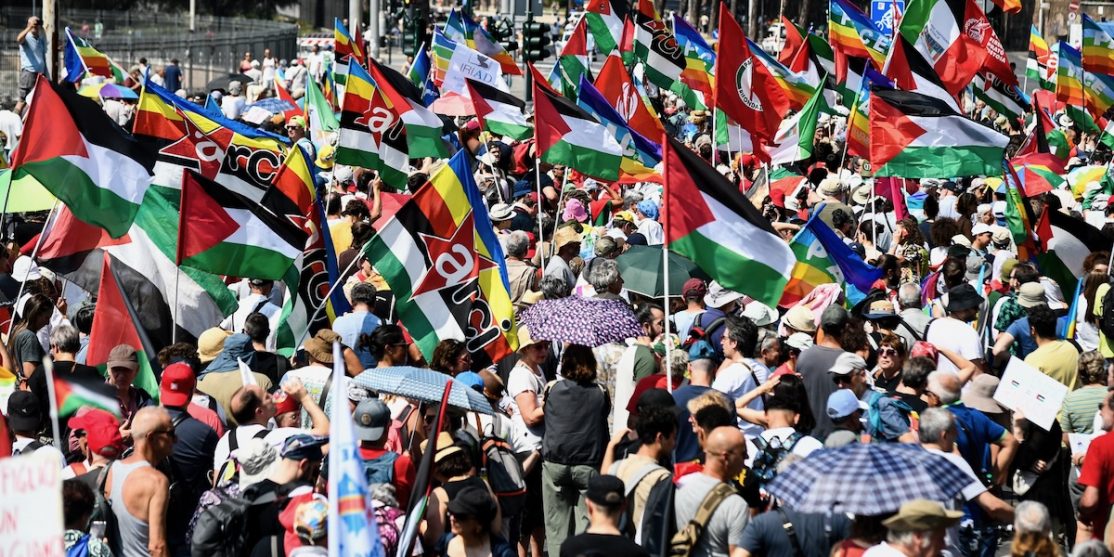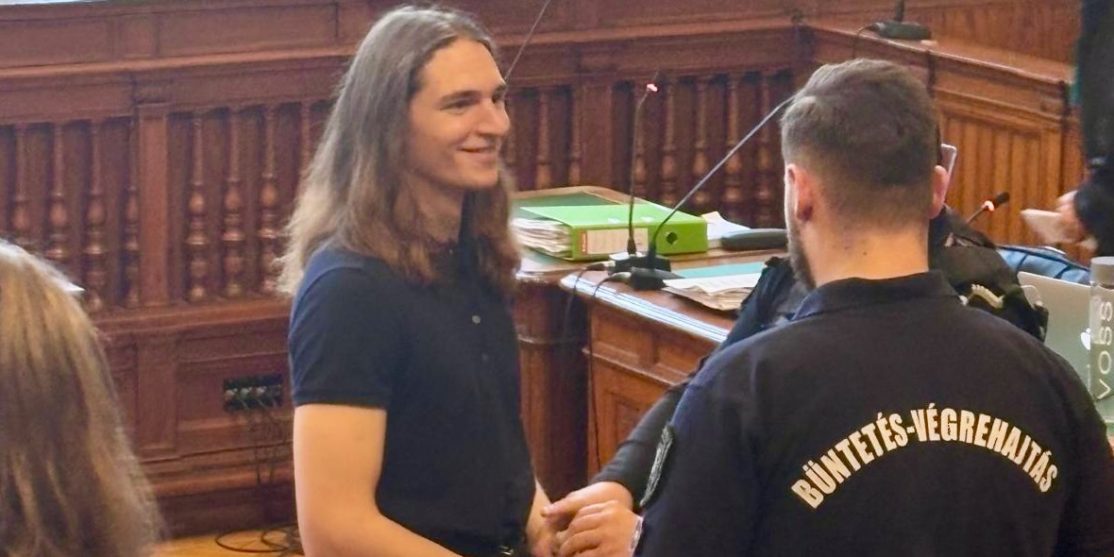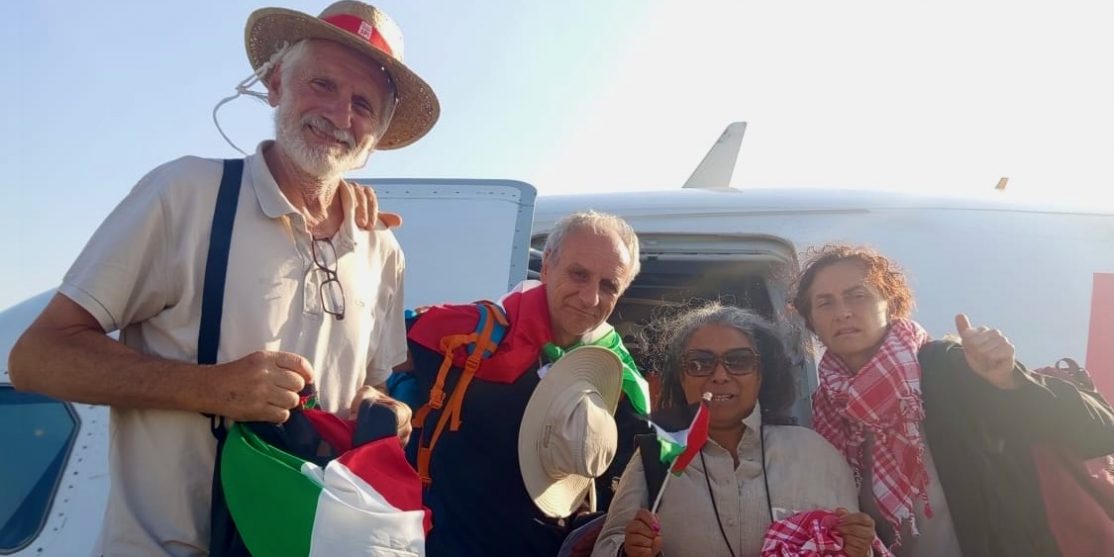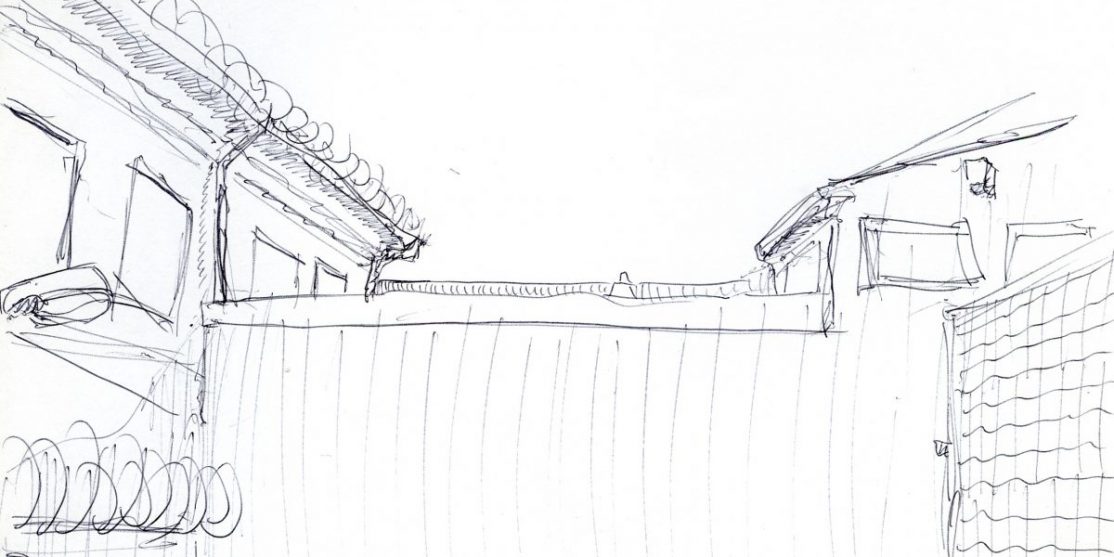EUROPA
Reproduce (future): can we revolutionise the algorithms?
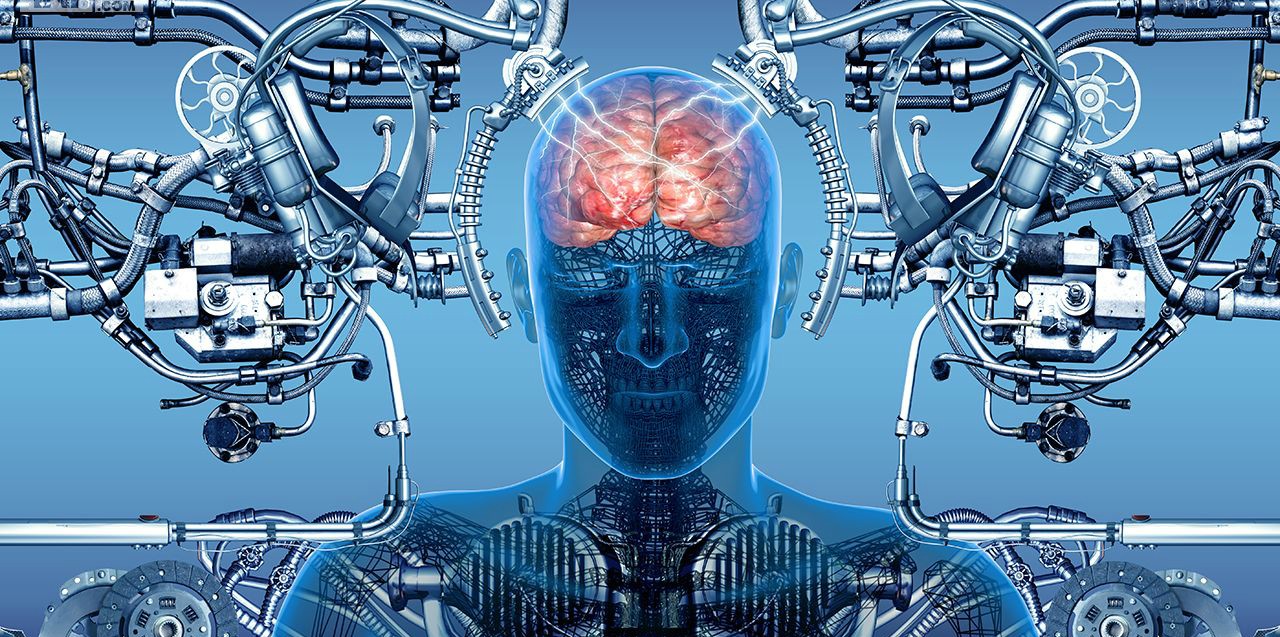
From 24th to 26th November, in Hamburg, took place the fourth congress of Ums Ganze, “communist alliance” of the radical left based in eleven cities in Germany and in Vienna. The congress focused on some important questions linked with technology and digitalization, from an anti-capitalist perspective. Around 700 people attended it every day, arriving mainly from Germany, Austria and Switzerland, but also from Belgium, Italy, Czech Republic and UK. Also the speakers came from different countries. We interviewed Anton Jasper (Ums Ganze – Top B3rlin) to go in depth with this interesting event
Why did you organize this congress and why did you choose Hamburg as location?
The congress of Ums Ganze takes place more or less every three years, without rigidity but depending on the feeling that an important shift of the political framework is ongoing and there is a need of discussion, all together. Our organization is not based in Hamburg but we work very close to the “Group for organizing the contradictions”. We chose the second German city, because the congress takes place always in different places, trying to link the topic with the hosting urban space. About the theme of the digitalization related with global capital, we thought that Hamburg and its harbour (the third biggest in Europe for the volume of containers) was the best place to held the conference. This city is considered the “German door to the world”, exactly for its huge harbour. But that’s a false image, used by the mainstream discourse. In the past two years in Hamburg there have been a very strong, radical and self-organized refugee struggle [n.d.r. “lampedusa in Hamburg”]. This struggle have showed how the city is a door only for the rich and for the goods, but for refugees and poor people it is a wall. Another reason is that in Hamburg there is a very diverse leftist scene, that includes several artists and intellectuals, people that produce art and culture and are engaged with the left: we thought that could be interesting to have the chance to build some bridges also with this world. Finally, on 7th and 8th July of the next year here will be held the G20, and the movement already started to organize mobilizations and protests for those days.
The title of the conference is Reproduce (Future), Digital Capitalism and the Communist Wager. The discussions are organized along different thematic focus. We can say that the issue of digital technology and its possible uses by powers or resistances was one of the core argument. Linked with it there were several other issues, as the digitalization of the production and work, algorithms, big data, control, technological evolution of the bodies and transformation of wills and desires. Why did you choose this kind of focus for your political congress?
There are at least two main reasons, that I will try to present separately. The first is that right now the technological development is radically changing the way how capitalism works: this is the digitalization process. Actually, we think that we are quite late on this game. Moreover, how capitalism is changing in relation with digitalization is also a consequence of the crisis of capitalism. Since capitalism went in crisis, it needed to reorganize itself, and it is doing it through digital means. So, we think that it is very important to focus on these dynamics and discuss what it is happening in fields like big data, algorithmization and so on… We decided not to focus on them in a technical way, but to see how they are related with the capitalist society which produces and consumes them. Mainly, we wanted to ask some questions, first to ourselves, because we think that we don’t know enough. If you want to have it very schematically the question is: how does critique of capitalism has to look like in the XXI century? The structure of the conference reflects exactly this idea. We proposed some very general topics – such as labour, reproduction, logistics, politics, nature, and so on – and we tried to look at each of them to see how the discussion is changing because of digitalization. We have tried to bring different perspectives in the same discussion, because we think that this is not happening enough. There are different traditions of political thinking, but they are quite separate, there is not a real debate among them.
This was the first reason. The other one is that we are living a phase in which it seems as everything is going worse and worse, both in Europe and in the United States. We have the feeling that we should think more about how to change our way to make politics in relation with this deteriorating situation. And we think that technology can play a role in this, because with the technology you see how society reproduces itself, and so you can also ask how society could reproduce differently. How it could be an anti-capitalistic reproduction of society? In this perspective, the future come back into the view, giving the title to the conference. We have to struggle for the possibilities of an open future: we can not struggle to keep this present, even in this worsening situation.
The conference is part of an ongoing debate in the German movement. In few months three events focused on similar issues. The first one was organized in Cologne by the autonomous left, under the title “Life is not an algorithm”. While the Rosa Luxemburg Foundation and the political party Die Linke will soon held a conference about democracy and digital rights. Which is the current debate and from which positions does Ums Ganze participate to it?
Basically all three conferences point to the issue that the radical left has not dealt with the question of digitalization for too long. At least in Germany. Of course, it was discussed in certain scenes and by some groups, in hacktivism and so on, and people worked in some way on this issue, but the radical left as a whole didn’t engaged deeply in it for some time. All three conferences are an attempt to catch up this process. And that’s very good. As Ums Ganze, we are cooperating with all groups: we invited people from the Cologne conference that had very interesting speeches, and we are also in contact with the Rosa-Luxemburg Foundation. At the same time, the conferences have very different approaches. The Cologne conference is mainly of an autonomous scene which discusses technology mainly as an issue of control, which of course is a very important perspective. The conference of the Rosa-Luxemburg is a social-democratic one, so for them the main question is how can we democratize technology. What we are trying to do is to build a communist perspective on technology, which is now very difficult: in the past there was something like that, but that was also quite problematic because it tended to have a very productivistic approach or, on the other hand, was relegated to negative dialectics. Actually we asked this question: what could be a possible way to address technology from a materialist perspective? We are trying to imagine possible answers to this question, also trying to link the debate of the German left with the one that is ongoing in other countries, as UK or Italy, that probably have much more lively debate on these issues. We think that it is very important to open spaces of discussion among different traditions of thinking. For example, in the panel about Logistics the speakers were Tomasz Konicz, part of the school of value critic, a very German school of critique of capitalism, and Sandro Mezzadra, who comes from a post-operaist tradition. We bring to discuss so different positions, because we are not expecting to find immediately some definite and coherent answers, but we feel the need to open a discussion on these issues and to start with concrete experiments of struggles.

